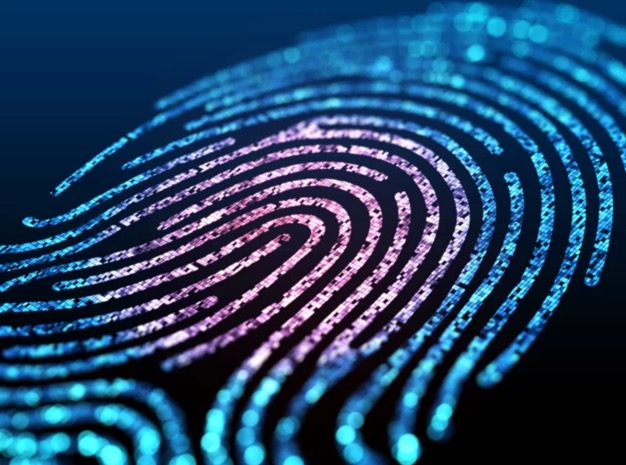France smart card market will continue to witness significant adoption in the banking & financial sector during the forecast period.
Selbyville, Delaware, Aug. 27, 2019 (GLOBE NEWSWIRE) -- The shipment of smart card market is poised to register gains at over 9% from 2019 to 2025 when the worldwide industry revenue is predicted to surpass a valuation of USD 65 billion, according to a 2019 Global Market Insights, Inc. report.
Technological advancements, such as the development of smart cities, blockchain, biometric technology, etc., are driving the smart card market across the globe. The growing smart city initiatives are encouraging several public & private companies to develop smart connected solutions to efficiently optimize available resources and effectively manage operations and services. Smart cities have been fueling the demand for digital payments in sectors including transportation, retail, government, etc., creating a huge demand for smart cards.
Several companies in the smart card market have run several successful trials of the fingerprint biometric technology within smart cards in countries including Japan, Cyprus, the U.S., Mexico, the UK, South Africa, etc., creating more opportunities for industry players. The rising number of financial frauds is leading to the need for a secure, personalized, and convenient payment solutions. The integration of biometric technology into smart cards with a microprocessor and contactless interface will eliminate the need for PINs, assuring safer transactions through fingerprint authentication.
The smart card market will keep growing over the future as they offer enhanced security for card issuers, merchants, banks, and consumers as technology adds a layer of cybersecurity protection. However, security remains a concern as the technology is still vulnerable to cyber-attacks. Therefore, several companies in the payment card market are developing more secure authentication ways than just EMV chips by adding technologies such as biometric authentication.
With the rapid global recognition of smart card applications, the healthcare sector is embracing the technology to minimize the costs related to administration and labor. Smart cards are used to store patient records such as PINs, biometric data, and photos along with the past medical records. It ensures the safety of patient data and supports the use of digital signatures to prevent medical data theft. Several countries including Germany, France, the U.S., China, India, and Japan have implemented steps to reduce healthcare costs. A major step in this direction has been the adoption of card-based e-health networks. Healthcare cards improvise communication between doctors and enhance the quality of care, reducing frauds and streamlining operations.
The France smart card industry will continue to witness significant adoption in the banking & financial sector. The French payment industry is highly advanced and its domestic payment structure, Groupement Cartes Bancaires, has always been crucial in managing the evolution of payments technology. Contactless smart card market has gained significant traction over the years for its speed and convenience. However, while the country continues to adopt contactless cards, the payment sector remains fixated to PINs majorly due to thefts and online frauds. Such issues are making consumers think twice before switching tap and pay mode. Adding an extra layer of security such as biometrics is fueling the adoption of contactless cards in the banking sector.
(source: https://finance.yahoo.com/news/smart-card-market-surpass-usd-113000110.html?guccounter=1)

